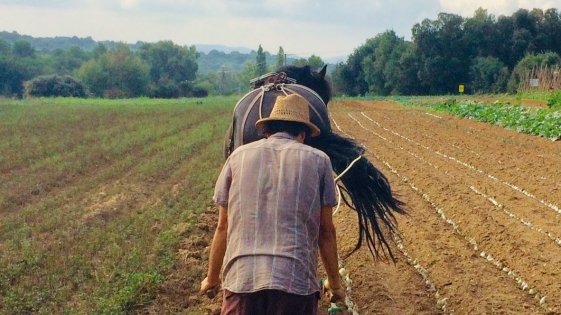Informal economy and its criminalization in the field of agroecology. Debates within economic anthropology

We invite you for the short course:
Informal economy and its criminalization in the field of agroecology. Debates within economic anthropology.
2 ECTS
by dr Paula Escribano, Autonomous University of Barcelona and
dr Agata Hummel, Institute of Ethnology and Cultural Anthropology
place: Instiute of Ethnology and Cultural Anthropology, Żurawia 4
Wednesday 20.10.2021, 9:45 - 13:00, room 13
Friday 22.10.2021, 9:45 - 13:00, room 105
Description of the course:
Since the 70s, the formal economy has been presented by anthropological theory as the economy that protects the workers through permanent paid work with fixed salaries. This was seen as an effect of the workers' struggle for the protection of the employment conditions. In contrast, the informal economy has been characterized by selfemployment without permanence and with unstable wages. It was seen as a job not covered by the state protection, as a work of a more personal nature and with a more elastic workforce. However, at present, the precarious employment conditions of a large part of the population within the formal economy are being discussed.
In the vein of this theoretical discussion, during the course, we will examine the processes of formalization of the informal economy based on ethnographic research in Madrigales, a town situated 50 km from Madrid, where people produce seasonal vegetables for their own use as well as for sale. The social scenario produced by the sanitary and social crisis of the Covid-19 pandemic exposes the processes of formalization of the economy its causes and the effects it has on the lives of people who are dedicated to the small scale agroecological activity. One of the results of the process of formalization of the economy, accentuated during the pandemic crisis, is a criminalization of unformal economy through the persecution of an unregistered economic activity
Registaration:
through USOSweb.
The maximum number of participants is 15.


